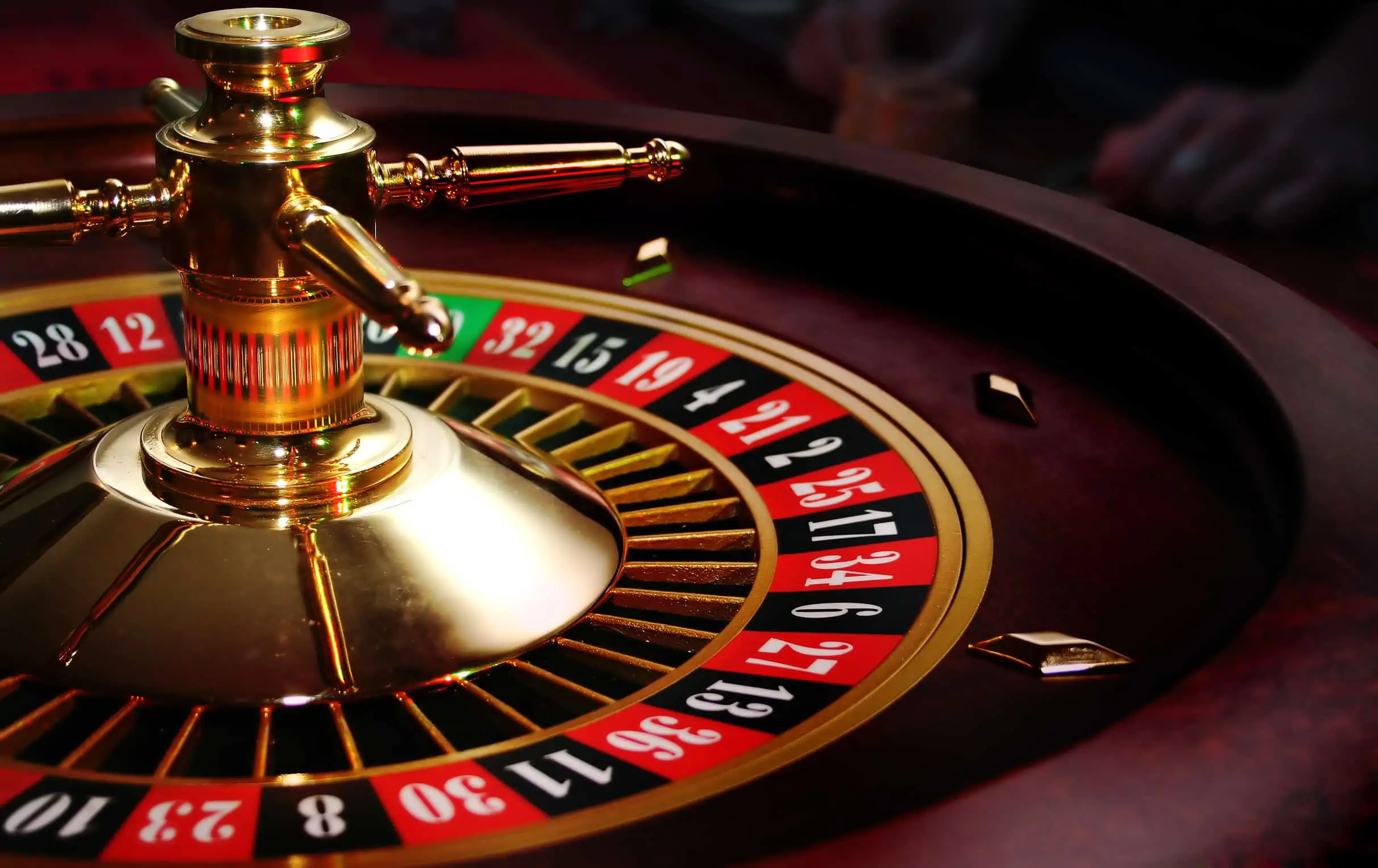
The world of entertainment has seen numerous transformations over the decades, but not many have captured our imagination and thrill of players quite like gambling games. Originating in from the vibrant halls of Las Vegas and Atlantic City, New Jersey, these games have spilled over borders and cultures, becoming a global phenomenon. Whether in the dazzling lights of a luxury resort to the convenience of virtual platforms, the allure of gambling games is irrefutable, luring millions into a realm of chance and tactics.
As an increasing number of nations accept betting in various forms, the influence of American gambling is clear. They have not only shaped local gambling markets but have also sparked countless adaptations and innovations globally. Classic games such as the poker and blackjack, along with modern variations, have created a shared language of entertainment that connects across varied populations. The mix of gambling risks, reward, and social engagement found in these games fosters a unique sense of belonging, further cementing their place in the global entertainment sphere.
Historical Summary of American Casino Activities
U.S. casino gambling activities have a rich and varied history that reflects the cultural development of the United States. The beginnings of these games can be linked back to various Europe’s gaming traditions brought over by colonists. Activities like the poker game, blackjack, and roulette worked their way into the fabric of American culture in the 1800s century, achieving popularity in bars and steamboats. These venues provided the perfect setting for community interaction and rivalry, laying a strong foundation for casino gambling as we know it today.
As the nation moved to the west, gambling developed alongside it. The Gold Rush era in the mid-1800s saw the rise of gambling communities such as Deadwood and Tombstone, Arizona, where gambling activities were played with high stakes, often punctuated by an air of lawlessness. This period paved the way for the formalization of casino gambling in the early 20th century, notably with the creation of Las Vegas as a gaming center. The building of lavish casinos transformed the gaming landscape, establishing an environment where games could flourish and attract tourists from around the globe.
In recent decades, the approval of casino gaming in various states has further diversified the variety of games available. U.S. casinos now feature a mix of classic games and innovative offerings that cater to modern players. This growth has enabled for a distinct blend of old and new, enabling the ongoing development of casino gaming culture in America. The global influence of these activities has also contributed to their incorporation into international gambling markets, demonstrating the lasting impact of American casino gambling activities across the globe.
Worldwide Popularity and Impact
The growth of U.S. casino games has marked a significant shift in the global gaming landscape. https://nohuonlines.com/ With their appeal crossing borders, these titles have captivated players around the world. From Texas Hold’em tournaments to fruit machines, U.S. styles have established a place in many international casinos. This transference of culture highlights how adaptable and engaging these games are, tailoring to local preferences while maintaining their classic U.S. charm.
Additionally, the influence of these titles goes beyond traditional gambling establishments. Digital platforms have played a crucial role in popularizing U.S. casino games, making them accessible to players globally. The convenience of online gaming has brought millions to opportunities that were once confined to brick-and-mortar casinos. Players can now play their beloved games from any location, sparking a fresh wave of enthusiasm and growing the player base significantly.
This widespread acceptance is also reflected in the integration of U.S. gambling titles into local cultures. Countries that have embraced these titles often host their own adaptations and competitions, mixing local customs with U.S. gaming traditions. This blend not only enriches the gambling experience for participants, but it also highlights the strong impact that U.S. gambling titles have on both entertainment and community engagement across various societies.
Social Adaptations and Improvements
Casino games have undergone significant changes as they spread across various societies. Each region has absorbed elements of American gaming while infusing its own customs and habits. For instance, the rise of online casino platforms has enabled for the integration of local character into classic titles like Texas Hold’em and blackjack. Players now experience variations that incorporate regional wagering styles and distinct rules, making the games more accessible and welcoming for varied audiences.
In numerous countries, the popularity of casino games has led to the development of localized versions that showcase cultural themes and stories. This flexibility has opened doors for creative game design that resonates with gamblers on a personal basis. Gaming machines, for instance, now feature visuals and sounds that celebrate local heritage, legends, and pop culture, which in turn enhances the gaming experience and fosters a sense of community among players.
Furthermore, the worldwide impact of U.S. casino games has led to new game formats and hybrid styles. Some establishments have combined traditional gambling with amusement elements, such as live shows or engaging technology, resulting in a more engaging atmosphere. These developments not only attract a wider crowd but also guarantee that the essence of gambling continues to progress, bridging gaps between diverse cultures while preserving the thrill that gambling games are known for.
